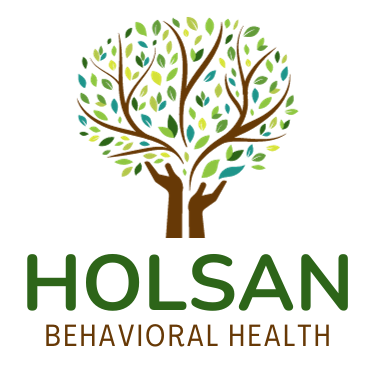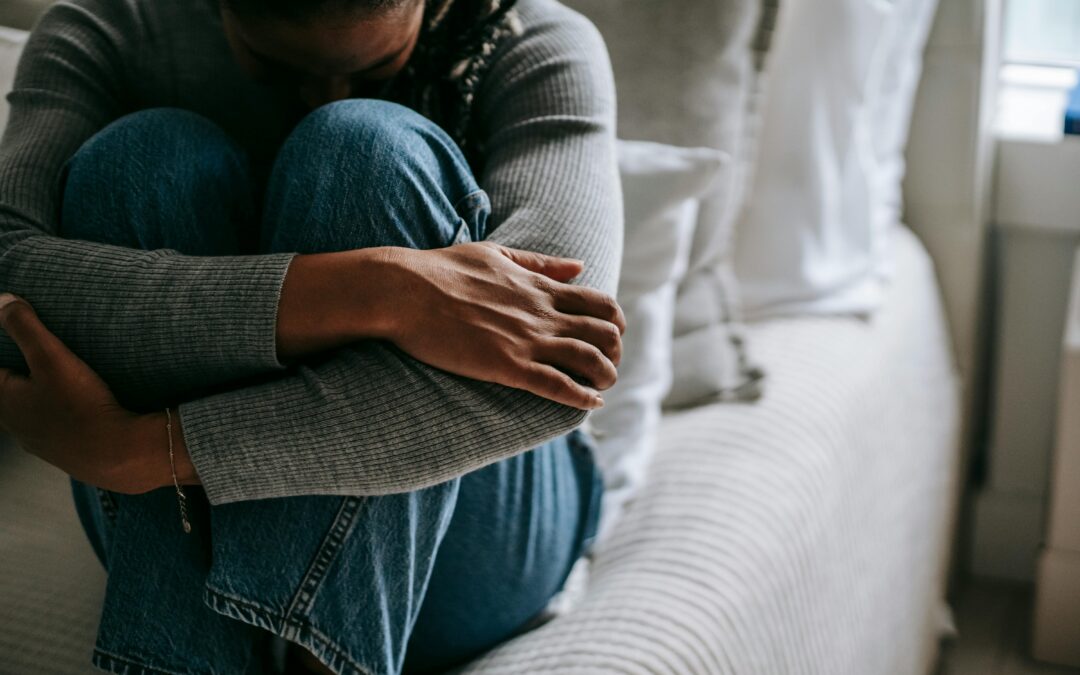Anxiety is a common experience that everyone encounters at some point in their lives. It’s our body’s natural response to stress, a signal that helps us avoid danger and stay alert. However, when anxiety becomes overwhelming and persistent, it can interfere with daily activities and overall well-being. At Holsan Behavioral Health, we understand the impact that anxiety disorders can have on individuals and their families. In this blog post, we’ll explore the different types of anxiety disorders, the treatment options available, and practical self-help tips to manage anxiety effectively.
Types of Anxiety Disorders
Anxiety disorders are the most prevalent mental health conditions, affecting millions of people worldwide. Here are some of the most common types:
- Generalized Anxiety Disorder (GAD): Characterized by excessive, uncontrollable worry about everyday issues such as health, work, and social interactions. Symptoms include restlessness, fatigue, difficulty concentrating, and muscle tension.
- Panic Disorder: Involves recurrent, unexpected panic attacks—sudden periods of intense fear that may include palpitations, sweating, shaking, shortness of breath, and feelings of impending doom.
- Social Anxiety Disorder: Marked by a significant fear of social situations, leading to avoidance and extreme discomfort in interactions that might involve being scrutinized or judged by others.
- Specific Phobias: Involves intense, irrational fears of specific objects or situations, such as heights, flying, or certain animals, which lead to avoidance behavior.
- Obsessive-Compulsive Disorder (OCD): Characterized by unwanted, intrusive thoughts (obsessions) and repetitive behaviors or mental acts (compulsions) performed to reduce anxiety.
- Post-Traumatic Stress Disorder (PTSD): Develops after exposure to a traumatic event and includes symptoms such as flashbacks, nightmares, severe anxiety, and uncontrollable thoughts about the event.
The Importance of Comprehensive Treatment
Effective management of anxiety disorders often requires a comprehensive approach that includes both counseling and medication. Counseling or psychotherapy, such as Cognitive Behavioral Therapy (CBT) and Exposure Therapy, plays a crucial role in helping individuals understand and manage their anxiety. These therapies provide strategies to change negative thought patterns and behaviors, gradually reducing the impact of anxiety on daily life.
While therapy addresses the psychological aspects of anxiety, medication management can significantly alleviate the physiological symptoms. This dual approach ensures that individuals receive holistic care, targeting both the mind and body.
Medication Management at Holsan
At Holsan Behavioral Health, we specialize in medication management to help control anxiety symptoms. Our expert team carefully assesses each patient’s needs and tailors medication plans accordingly.
Benefits of Medication for Anxiety:
Medications can be highly effective in reducing anxiety symptoms and improving quality of life. They help manage the chemical imbalances in the brain that contribute to anxiety disorders. Common classes of medications used include antidepressants, which can help stabilize mood, and anxiolytics, which provide rapid relief from acute anxiety episodes.
Medication can be particularly beneficial for individuals whose anxiety severely impacts their daily functioning, or for those who do not respond fully to therapy alone. It’s important to note that medication is often most effective when combined with therapy, as it can provide the stability needed to engage fully in therapeutic practices.
At Holsan, our approach is to use medication as a tool to support overall mental health, ensuring patients are well-supported throughout their treatment journey. Our team is dedicated to monitoring progress and adjusting as needed to achieve the best outcomes.
Self-Help Tips for Managing Anxiety
While professional treatment is crucial, effective self-help strategies can complement therapy and medication. Regular exercise helps reduce stress and anxiety by releasing endorphins and improving overall mood. Mindfulness and meditation practices keep individuals grounded and reduce the tendency to worry about future events. A healthy diet impacts mood and energy levels, reducing anxiety symptoms, while good sleep hygiene—establishing a regular sleep schedule and creating a restful environment—improves sleep quality, essential for managing anxiety. Limiting caffeine and alcohol intake is advisable as both substances can exacerbate anxiety symptoms. Additionally, breathing exercises, such as deep breathing and progressive muscle relaxation, help calm the mind and reduce physical tension.
In conclusion, understanding anxiety and its various forms is the first step toward effective management. At Holsan Behavioral Health, we provide a range of treatment options tailored to meet the unique needs of everyone. Combining professional treatment with self-help strategies can significantly improve quality of life for those living with anxiety disorders.
For more information or to schedule an appointment, please contact Holsan Behavioral Health. Together, we can help you take control of your anxiety and lead a more fulfilling life.

